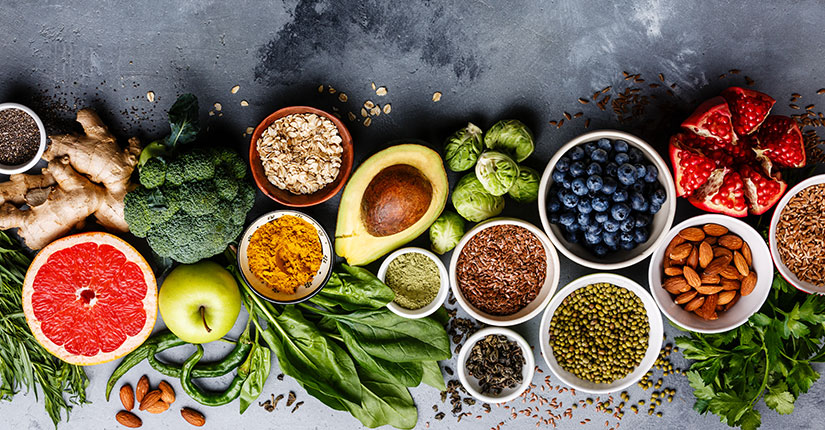Increasing trend of plant-based meat replacers- are they healthy or not?
By Nmami Agarwal 08-Apr 2023 Reading Time: 5 Mins

Plant based meat replacers are gaining popularity as more and more people are turning vegetarians/vegans. According to Carmen Bryan, a consumer analyst at GlobalData, the meat substitutes market in India generated retail sales of US$220.8m in 2020 and is expected to reach $292.9 million by 2025.
This dietary modification of going meat free can have a number of health benefits but also carries some disadvantages. This article explores the pros and cons of using vegan meat replacers and will help you to decide whether this health trend is here to stay for long or is it just a passing facade.
What are meat replacers?
Meat replacers and meat analogues are produced by extrusion of vegetable proteins, resulting in products that have an appearance and texture similar to the meat.
Plant-dependent meat analogues are a good source of protein and their consistency, color, nutrition and taste can match specific meats.
Why meat replacers?
According to some reports published by the US department of Agriculture, in India, people are looking to buy plant-based meat products due to their perceived health benefits, including the prevention of non-communicable diseases, digestive disorders and obesity.
Pros and Cons of using plant based meat replacers
Pros
- Plant based meat uses at least 50% less land as compared to conventional meat.
- Plant based meat emits 30-90% less greenhouse gas than conventional ones.
- Plant based meat uses 70% less water as compared to conventional meats. Animal agriculture guzzles almost a third of the water used in global agriculture. Of that water, 99.8% is used in the cultivation of feed crops, wasting rainwater that could be used to grow food for humans.
- Plant based meat are free from antibiotics – Healthy animals are fed low doses of antibiotics to speed growth and prevent disease, causing bacteria to adapt and become resistant. Consuming such animal produce can lead to many health concerns including the emergence of drug resistant bacteria.
- Plant derived meats are good sources of protein and are low on saturated fat, one of the biggest advantages over animal protein sources which have a high concentration of saturated fat.
- The texture, flavor and the end product has been made similar to animal meat, which makes it easier for vegans or people from certain religious groups to include them in the diet.
Cons
- Many consumers are not willing to make a transition from non-vegetarian to vegan/vegetarian diet, because of attachment to meat and unwillingness to change habits.
- Plant based meat may contain lower levels of some nutrients, such as protein, vitamin B12, or zinc, than a regular meat product. Hence it is required to take supplements of some vitamins and minerals especially that of Vitamin B12 for a vegan diet.
- In order to mimic the taste of a meat product, some manufacturers may use additives to enhance the taste and to get the required texture. These additives in the long run may prove to be harmful to one’s health. Hence it is advisable to read the food labels before selecting the vegan meat products.
Bottom line is, plant based meat replacers can be a solution for people suffering from different metabolic diseases who have been advised to restrict or avoid meat and its products.
However people making this transition need to understand the benefits and drawbacks and take an informed decision for the benefit of their health to to lead a better quality of life.





















